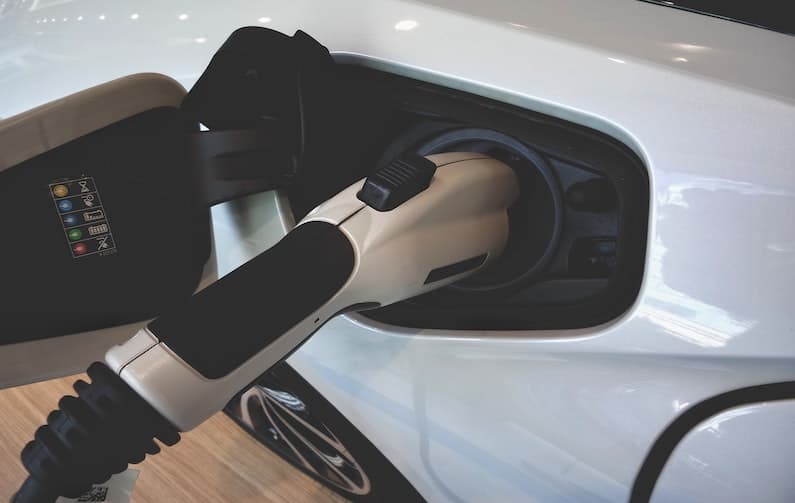Lithium-ion Battery Recycling
These days we are all aware that recycling helps to protect our environment at the same time as lowering the cost of manufacturing new electronic products, but despite that, recycling rates for e-waste globally are still too low. There is a worldwide need to improve our e-waste recycling rates. This particularly applies to lithium-ion batteries as they are expensive to produce, and rely on finite resources of the raw materials consumed in their manufacture.
In addition to the need to conserve resources, the demand for lithium batteries is only going to increase as car manufacturers worldwide phase out petrol and diesel-powered vehicles in favor of electric vehicles powered, in the current technology, by lithium batteries.
Recycling Lithium: Two Problems
The growth in the use of lithium car batteries leads to two distinct problems:
- The impact of increased mining to provide the raw material needed for their manufacture. This creates both environmental and social issues and, until such time as new technologies are developed to allow a move away from lithium, we have to find ways to minimize any adverse impact from its production.
- How to safely dispose of lithium batteries once they are no longer usable. While it is perfectly possible to recycle lithium car batteries (also reducing the need to mine raw materials), this is not as easy as it is to recycle the lead-acid batteries traditionally used in cars and other vehicles.
These problems mean that manufacturers and industry regulators are engaged in trying to find ways to improve the process of lithium car battery recycling. The principle of Extended Producer Responsibility (EPR) is key in this: whereby a manufacturer is liable for the impact of their product throughout its entire lifecycle. In China, battery manufacturers have financial and regulatory incentives, dictated by state initiatives, to source recycled materials rather than mining raw materials from virgin sources.
The US and UK are also being proactive in encouraging research into better ways of recycling lithium batteries. The US supported ReCell with $15 million to underwrite their research project while the UK aided ReLib in its similar endeavors. In each case, the approach has been to find ways of preserving the cathode, the most valuable part, throughout the recycling process.
What is the Process of Recycling Lithium-ion Batteries?
At the moment, lithium batteries are usually recycled by breaking down the battery and recovering the components of aluminum, copper, and plastic and then reducing the remaining “black mass” to a powder. The black mass, which contains lithium, cobalt, nickel, and manganese, is then either smelted (pyrometallurgy) or dissolved in acid (hydrometallurgy), to extract the individual materials for reuse.
Is Recycling Lithium-ion Batteries Profitable?
The problem is that these processes are expensive and, compared to the cheap cost of mining lithium, are often not cost-effective. However, as the volume of batteries available for recycling increases, it is likely that the process will become more profitable, as is the case with lead-acid batteries which have a value even lower than lithium batteries, but economies of scale now make it worthwhile to recycle them.
In the meantime, lithium-ion batteries will continue to be recycled and the materials recovered will be reused to save our valuable natural resources. Potomac eCycle can help with this process by arranging collection or delivery and handling the recycling process.
Potomac eCycle are trusted experts in the recycling and management of e-waste and they make sure that all devices are recycled in an environmentally responsible way, working to best practice standards of the recycling industry. This has earned them the R2 certification. They serve businesses and organizations, of all sizes, from small companies to large corporations.
Contact us today or request a quote online.


Recent Comments